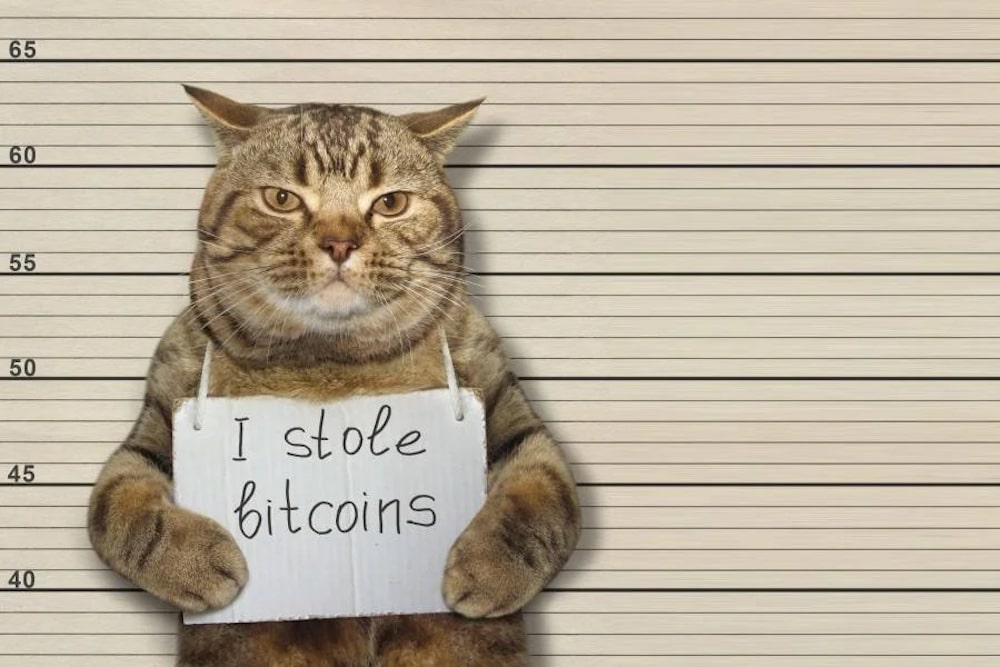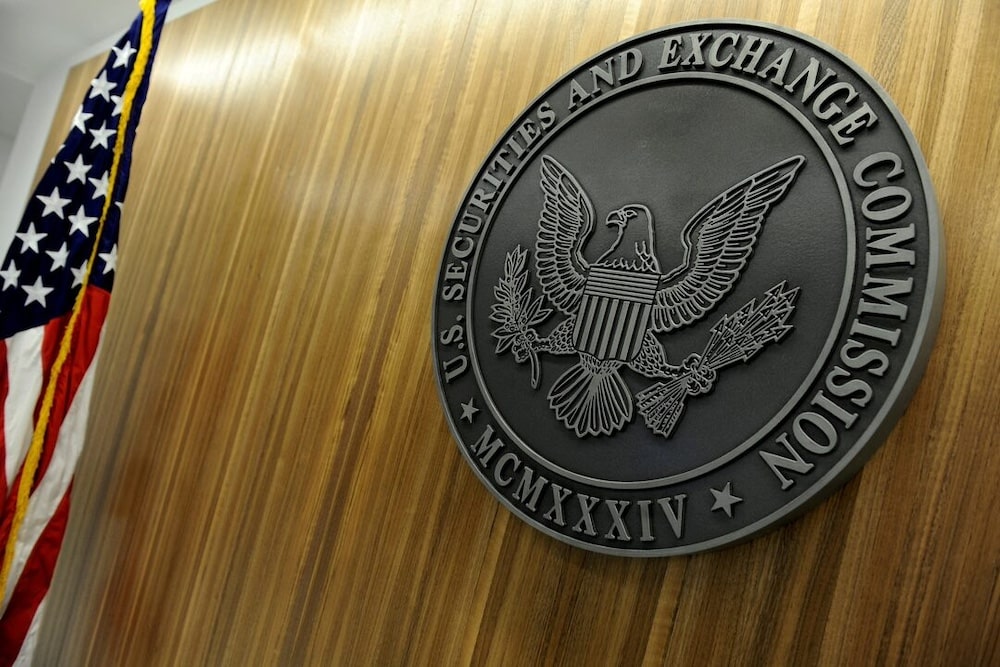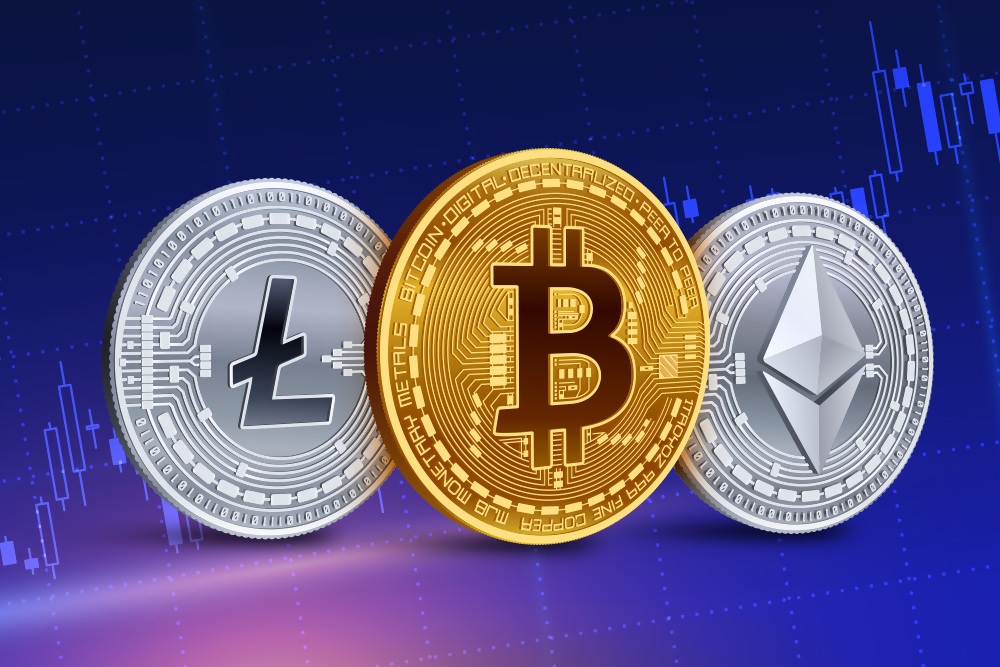Terraform Labs, the creator behind the Terra blockchain, has been granted court approval to shut down its operations. United States Bankruptcy Judge Brendan Shannon made the decision after a court hearing on Thursday, thus allowing the company to proceed with its bankruptcy plan.
Following the court’s approval to wind down its operations, the company has agreed to pay between $184.5 million and $442.2 million to investors and other stakeholders as part of its bankruptcy proceedings.
What Happened?
Several months before the recent hearing, the U.S. Securities and Exchange Commission (SEC) charged Terraform Labs and its co-founder, Do Kwon with misleading investors about the stability of their algorithmic stablecoin, Terra USD (UST), and other crypto asset securities. The collapse of the Terra in May 2022 wiped out an estimated $40 billion from the crypto market.
Terraform Labs has agreed to pay approximately $4.5 billion in disgorgement and civil penalties to settle charges with the SEC, while co-founder Do Kwon will personally pay at least $204.32 million. As part of the settlement, Kwon and Terraform Labs will be permanently banned from buying or selling crypto and participating in crypto-asset offerings.
However, there’s a catch. The SEC’s $4.5 billion settlement with Terraform Labs may not be fully realized, as the company’s bankruptcy process prioritizes crypto loss claims, and the total losses remain unknown. This means that investors and creditors will be paid first, leaving the SEC’s payout uncertain.
What’s Next for Terra?
As part of its wind-down process, Terraform Labs will undergo a final chain upgrade under Proposal 4818, paving the way for community governance. The company’s cryptocurrency wallet still holds approximately $2 million in altcoins including Convex Finance (CVX).
Post-upgrade, the Terra blockchain’s future will rely heavily on community-led initiatives. Meanwhile, Terraform Labs is liquidating other assets to fulfill financial obligations stemming from its settlement with the SEC.
On the other hand, Kwon was arrested in Montenegro last year after evading authorities for months. Since then, he’s been in custody, awaiting a possible extradition to either the United States or South Korea.









